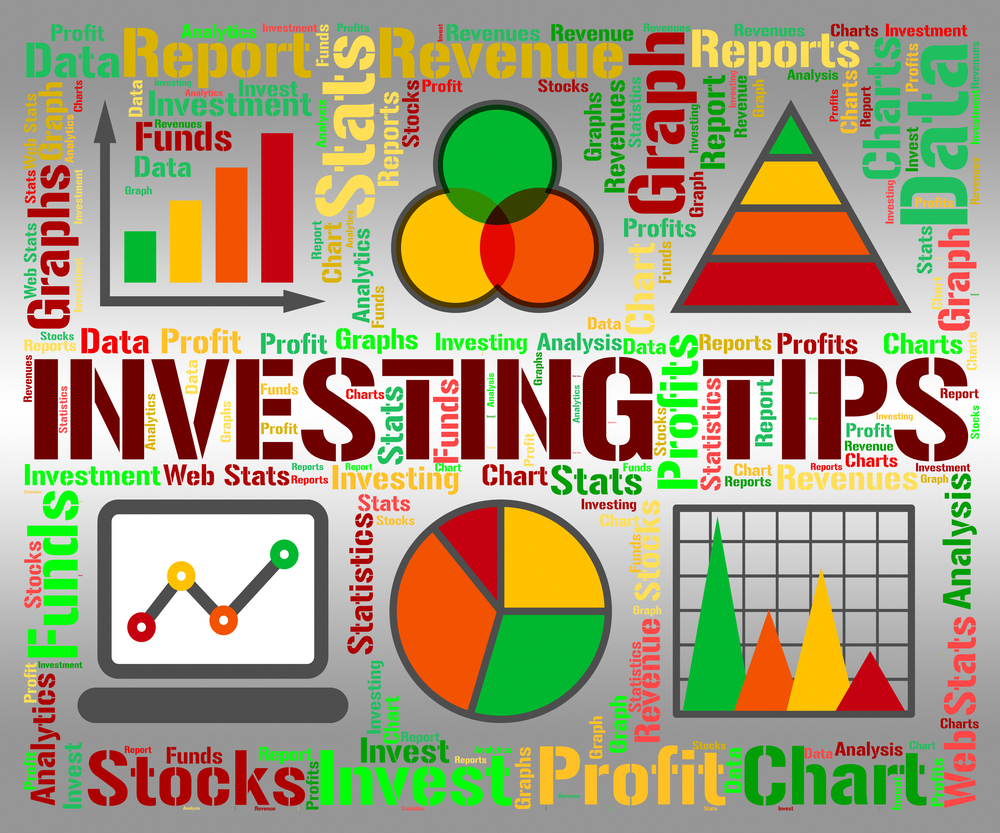According to the US Bureau of Labor and Statistics, over 10% of Americans are self-employed. It’s estimated that by the year 2020, a full 40% of the workforce will be independent workers.
Self-employment takes many forms; freelancers, contractors consultants and unincorporated businesses are just a few. But no matter what these entrepreneurs call themselves, they’ve got one common need: financial stability.
Beginning your career as a self-employed worker can be challenging. But successful entrepreneurs have secrets to ensuring their financial success. Here are the five most important investments every self-employed worker should make.
#1. Hire an accountant
Starting your own business is confusing, and it’s time consuming. There’s a good chance that your background isn’t in finance – and if it is, you’re certainly too busy to figure out all of the tax laws and loopholes which apply to the self-employed workforce.
Hiring an accountant is one of the most important investments you can make as an entrepreneur. You’re going to be extremely busy with marketing your service, participating in continuing education credits and performing the services you sell. Let someone else handle your money.
It’s obvious that when you work for yourself, no one will send you a W-2 in January each year. Instead, you’ll be left to do your own invoicing, collections and expense reports. If done correctly, taxes can be a breeze. If done incorrectly, however, it can be a huge (and expensive) headache. Hire an accountant and get ahead of the game. No surprises at tax time!
#2. Research benefits options
When you were working for an employer, it was fairly simple to call in sick. Sure, your boss might have given you a hard time, but there was probably someone available at the office to cover for you in a pinch.
When you work for yourself, you don’t have that luxury. In fact, you don’t even have the luxury of getting sick. The success of your business is in your hands and yours alone.
Be sure to research options for health coverage. You may be eligible for COBRA, but in many cases COBRA is very cost prohibitive. Instead, you’ll need to research private or public insurance options. You may be eligible for your state’s government healthcare program. Alternatively, research unions or groups like the Freelancer’s Union. These organizations are a great resource for the self-employed.
#3. Invest in your brand
Regardless of your field of self-employment, you’re going to need to develop and grow your personal brand. Don’t be afraid to invest in it; it’s at the front and center of your business, even when you’re not.
If you’re a graphic designer, for example, be sure to develop a professional portfolio. Design yourself a great business logo and then use it. Use it everywhere. Have professional headshots made – selfies aren’t for the professional entrepreneur.
Do a little research into other ways to build your business brand, and then implement those methods. Your brand is the key to repeat and new business. Your brand is a critical key to the continued success of your business.
#4. Build a portfolio
Unless you’re already independently wealthy, there’s a fine chance that you may experience a dry spell at some point in your career. You’ll need to have an emergency fund to fall back on, and there are a few ways to do this.
First, you could consider a “safe” form of investing, such as bonds. Bonds aren’t foolproof, but they’re certainly a healthy part of a core investment portfolio. Secondly, if you have a stream of income from another source, if may simply be retirement which concerns you. If this is the case, find an IRA or other plan to invest in.
If you’re interested in the possibility of an actual income stream, however, look into investing in the stock market. Stocks can be extremely volatile but if you play the market right they can also be very lucrative.
Thanks to technology, it’s actually quite simple to implement any of these options. Discount stock brokers exist on the internet, and you can buy and sell stocks with the push of a button. The US government has actually developed an IRA for those who wouldn’t otherwise have access. And bonds in companies are easy to purchase as well.
It doesn’t matter which you choose; it’s important, however, to research your options well and invest wisely.
#5. Invest in yourself
Pilots need a predetermined number of hours in flight. IT security professionals need a designated set of credentials. Teachers need many hours of continuing education each year. And just like these professionals, you need to continue to refine your skills.
There’s a misconception held by the public that freelancers and the self-employed answer to no one. That is far from the truth. To the contrary, entrepreneurs are even more motivated to maintain a positive reputation than, say, an accountant at a large tax firm.
As a member of the self-employed workforce, you must build a name for yourself. Maintain your knowledge of industry standards, but strive to exceed expectations. Know your craft and perfect it.
Investing in yourself doesn’t only include your education, however. You’re going to find it necessary to invest in your well-being as well. It’s no secret that those who work for themselves do so because they truly enjoy their work. There’s a certain determination which accompanies waking up and setting out to accomplish something you’re proud of.
However, there will be days when you feel an overwhelming burnout. It happens to everyone, whether they hold a traditional job or not. And mind you, that burnout isn’t an excuse to quit, or to take excessive time off. You can’t afford to take time off.
But don’t neglect yourself. If you feel a pull toward an afternoon at the lake, take one. If you feel the need to “invest” in a glass of red wine, go for it. You are your business, and you are the single most important investment.


